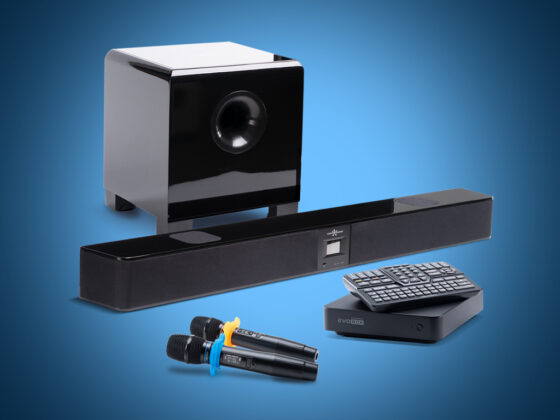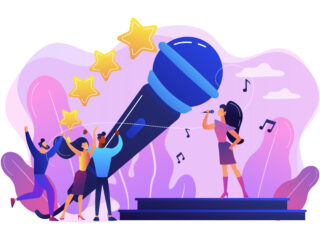Karaoke has long overstepped the threshold of karaoke clubs and it has already come to many life spheres. Few people think of singing as just a fun pastime with their colleagues on Fridays. Singing is used to prevent senile dementia and to teach new skills to businessmen and children. Singing is used to relax after shopping with a friend at the mall and pave the way for a star career. And the parties are also here ?
The unusual uses of karaoke in life are in our article.
Karaoke taxi
Do you take a taxi to the bakery singing Bon Jovi? Is that legal? Of course yes, if you’re using a karaoke taxi.
Such a service was first introduced in Japan in the early 1980s. It is not surprisingly, when you think of the important role which karaoke plays in the lives of Japanese. The Japanese spend time in karaoke clubs, make dates, close deals and try to play up to their boss. Why not sing on the way to work?
The “singing” taxis spread quite rapidly throughout Asia. In the 2010’s they reached the Western part of the world quite successfully, where the citizens really liked them. Karaoke taxi popularity was added by the Internet, which turned car singing into a show on YouTube.
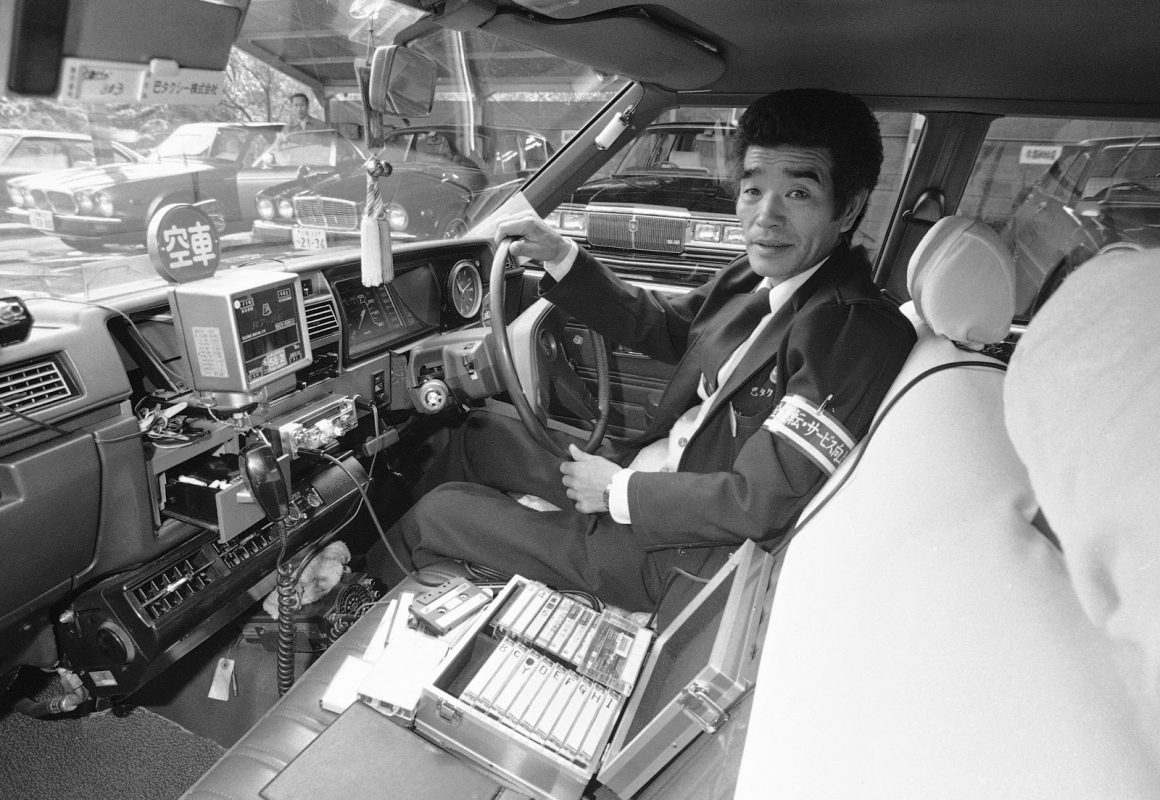
Karaoke therapy
Singing is useful! The research says clearly that if you want to be healthier, sing.
In addition to the natural benefits of singing, which can be compared with morning jogging to its effects on the brain, karaoke is often used to treat diseases related to age and memory impairment. For instance, The American Alzheimer’s Society uses the program «Singing for the brain» to help people with dementia preserve their memories, improve concentration and memory.
Karaoke for business
If Stephen R. Covey, who is the author of the bestseller of all time “The Seven Habits of Highly Effective People“, was slightly more informed about karaoke 30 years ago, the title of the book would have one more number.
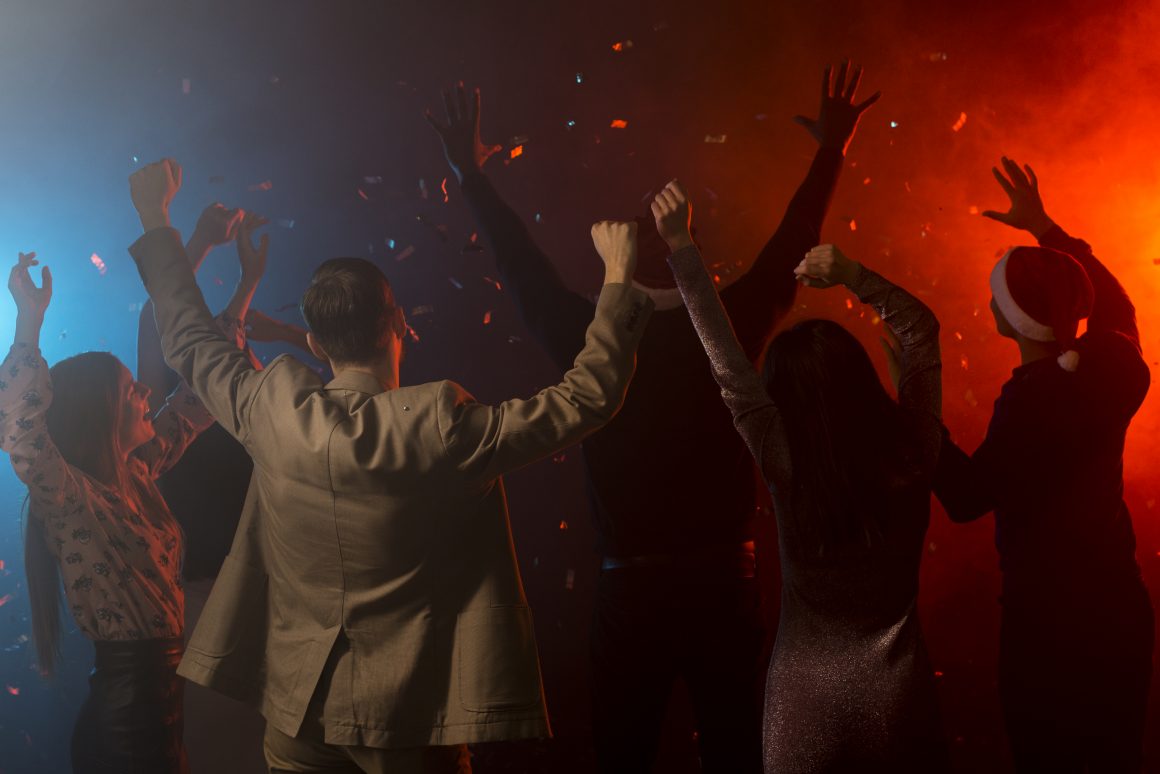
It sounds paradoxically, but the number of business coaches who recommend karaoke clubs as the perfect practice for developing communication skills, overcoming complexes and fear of speaking to an audience is growing every year.
For instance, the Cloth for iOS developer, lecturer and author of Forbes Seth Porges states that business schools should adopt karaoke for training young professionals. ‘I have done a lot of karaoke in my day’, Seth writes, ‘and it has trained me to be collected and cool when placed in front of a crowd”.
Karaoke kiosk where you can record an album
Are you having a hard time shopping with your friend? And you don’t know what to do while she’s picking out another pair of shoes. Take an example from the Chinese. More than 20,000 MiniKTV karaoke kiosks have been installed in Chinese malls for the pleasure of visitors.
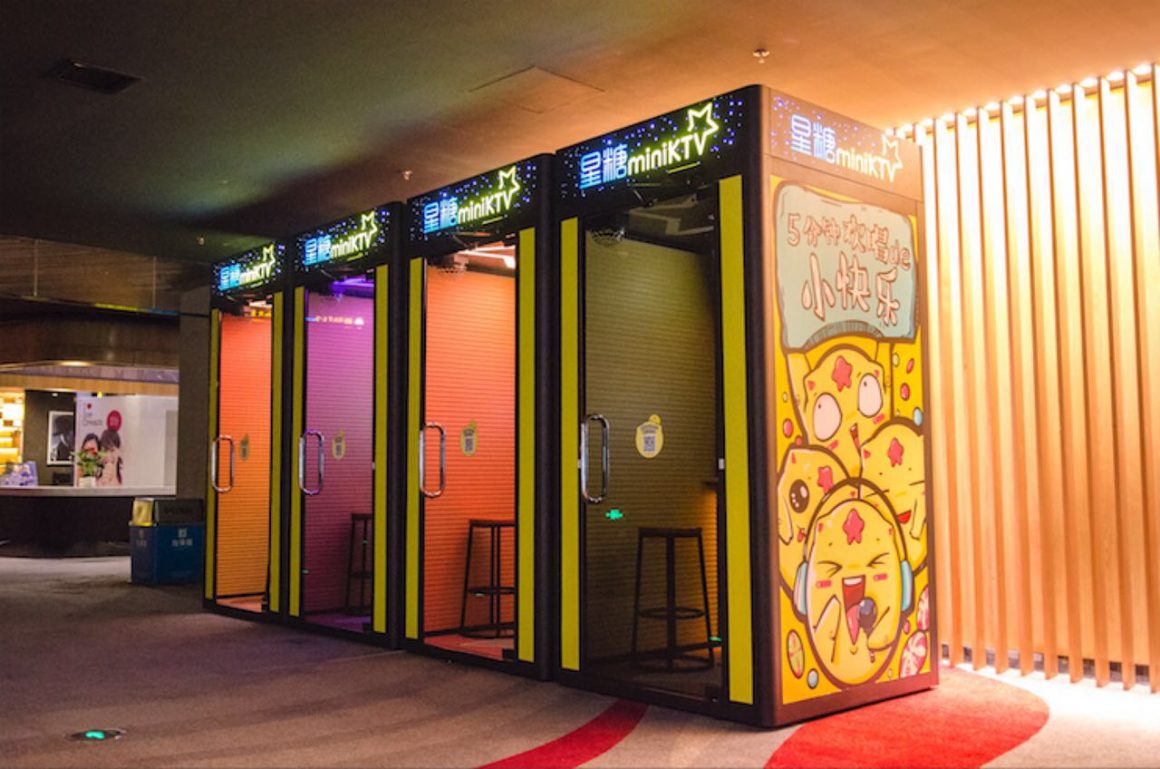
You can pass your time by singing songs or even go ahead and record a whole album. Why not? The album can be immediately shared with social networking sites or put on an USB flash drive. Your friend came back with shoes, and you had fun. Moreover, you became an Internet star.
Karaoke for training
It has long been known of the benefits of singing for children. The music gives the child an idea of aesthetics, harmonies, lays the foundations of beauty and synergy of everything in nature, helps with cognitive processes.
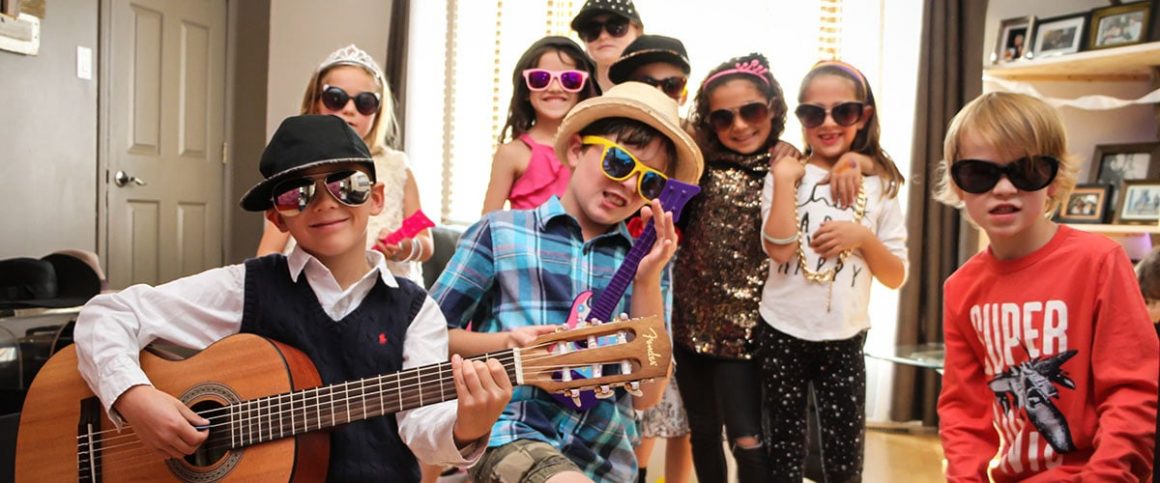
Besides, singing is also used for teaching. As it turned out, kids are better at remembering new words to music. For instance, the British Council’s famous English language education project uses songs to teach the youngest students. The child sings English words and has a triple benefit such as learning a new language, improving speech and pumping up memory.
And it is not surprisingly that after another research, the British came to the conclusion that children who sing and do music feel better and happier, and therefore study better. The result of the research was the National Program Sing Up, which aims to promote singing among schoolchildren.



